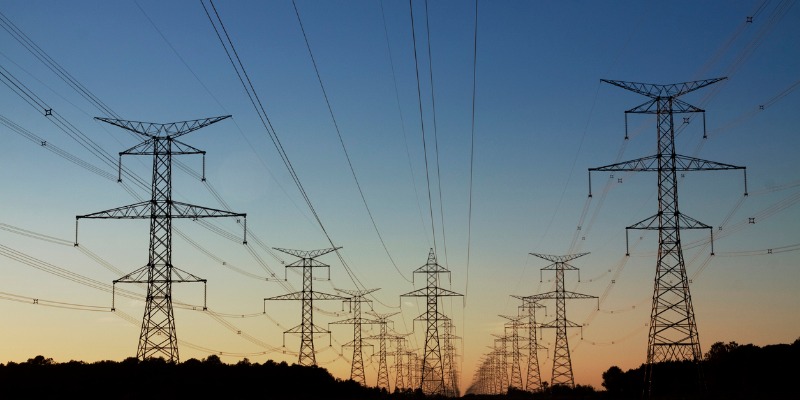Bad government policies create energy crisis

With skyrocketing prices in Europe and to a lesser extent North America, commentators are openly talking of a looming energy crisis. Yet unlike an earthquake or asteroid strike, in modern times energy crises are the result of misguided government policy. Especially as delegates head to Glasgow for the upcoming United Nations Climate Change Conference (in its 26th year), it’s critical for the public to recognize that even more onerous restrictions on carbon-based fuels will only make the situation worse.
In Europe, the price of a megawatt-hour's worth of natural gas has risen from 26 euros in early May to 127 euros in early October, an astonishing 388 per cent increase in just five months. Last week’s release from the U.S. Bureau of Labor Statistics showed that in the United States, energy prices were up 25 per cent over the past 12 months, with gasoline up 42 per cent. In Canada, the most recent (August) Consumer Price Index release is up 4.1 per cent over the past year, the highest 12-month jump since 2003, with gasoline prices up 33 per cent.
Now it’s true, some of these price surges could be purely “transitory” as central bank officials reassure us, due to the world returning to normal commercial patterns after the COVID shutdowns. On the other hand, bottlenecks plague the global supply chain while employers at all levels are frustrated by labour shortages. Add into the mix the unprecedented money creation by the U.S. Federal Reserve and other central banks since the pandemic struck, and we must wonder just how “transitory” the inflation will be.
Ironically, when it comes to energy price spikes in particular, they are the avowed purpose of climate change policy, so there’s no denying that government is at least partially to blame. The most obvious example is the carbon tax, currently at $40 per tonne with scheduled hikes until it caps out at $170/tonne in 2030. The textbook rationale of a carbon tax is to make fossil fuels more expensive, incentivizing households and businesses to cut back on consumption and seek alternative sources. To reiterate, when it comes to a carbon tax, higher energy prices aren’t a bug, they are a feature. The whole point is to make carbon-based fuels more expensive so Canadians use less of them.
But other climate change policies have the same effect. Legal and regulatory obstacles put in the way of the development (or transportation) of oilsands will effectively reduce the supply brought to market and raise the price of oil. The same is true for mandates on how much electricity must be produced from renewable sources—by stacking the deck against cheaper (and more reliable) natural gas and coal-fired power plants, such mandates make electricity artificially more expensive than it otherwise would be.
The upcoming UN climate conference runs from Oct. 31 through Nov. 12. The media will no doubt hammer home the message that even more aggressive cutbacks on fossil fuels are essential. Yet as Canadians enter winter with alarming energy bills, they should ask for evidence that evermore restrictions will be worth the cost. It’s not enough to merely argue that lower global emissions would be a good thing; nothing Prime Minister Trudeau does will directly affect Chinese emissions. Instead, Canadians should be reassured that the benefits from their own government’s policies will be worth the costs imposed on Canadians, which is a subject rarely discussed.
Author:
Subscribe to the Fraser Institute
Get the latest news from the Fraser Institute on the latest research studies, news and events.

